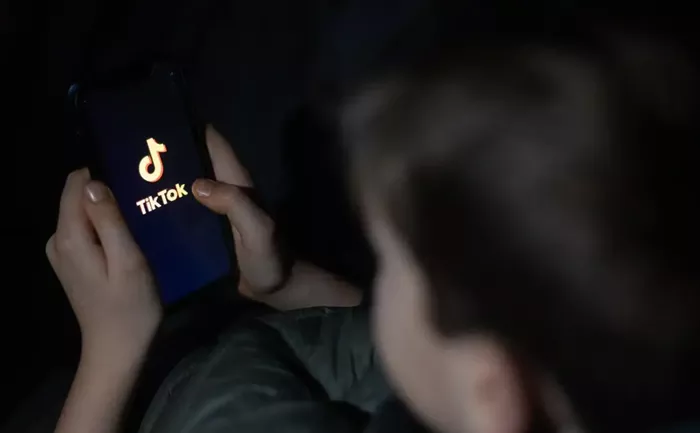A new investigation by The Guardian has found that more than half of the top-trending TikTok videos under the hashtag #mentalhealthtips contain inaccurate or misleading advice, raising concerns among health professionals.
The outlet reviewed the 100 most popular videos under the hashtag and asked academic experts and mental health professionals to assess their accuracy. Among the misleading claims identified was the suggestion that eating an orange in the shower can relieve anxiety.
TikTok responded to the report, telling PEOPLE, “There are clear limitations to the methodology of this study which opposes free expression and suggests that people should not be allowed to share their own stories. At TikTok, we proactively work with health experts, including the World Health Organization, to promote reliable information and remove 98% of harmful misinformation before it is reported.”
A second report by The Guardian categorized common forms of misinformation found in these videos. One issue, experts say, is the mislabeling of normal emotions as symptoms of mental illness. Dr. Dan Poulter, a psychiatrist and former UK health minister, warned that such content “pathologizes everyday experiences,” potentially trivializing serious mental health conditions.
Liam Modlin, a therapist and researcher at King’s College London, noted that equating tiredness with depression is misleading. “While low energy can be a symptom, it’s not unique to depression and can be caused by a variety of issues,” he said.
Experts also criticized the misuse of therapeutic language. For example, labeling repeated apologizing as abuse oversimplifies complex relational issues, Modlin explained, adding that such claims lack the context necessary for accurate understanding.
Another concern was the promotion of unproven treatments. Amber Johnston, an accredited psychotherapist, cited a video claiming that writing about trauma for 15 minutes could offer a “cure” within an hour. “There is no research supporting this,” she said, noting that it could even retraumatize individuals without proper support.
TikTok’s community guidelines prohibit misinformation that could cause significant harm. The company says it works with fact-checkers and health authorities to evaluate and remove misleading content. It also confirmed it had taken down two of the videos referenced in The Guardian’s report.
In September, TikTok announced a year-long partnership with the World Health Organization to produce evidence-based content on health and wellness.
Related topics:


